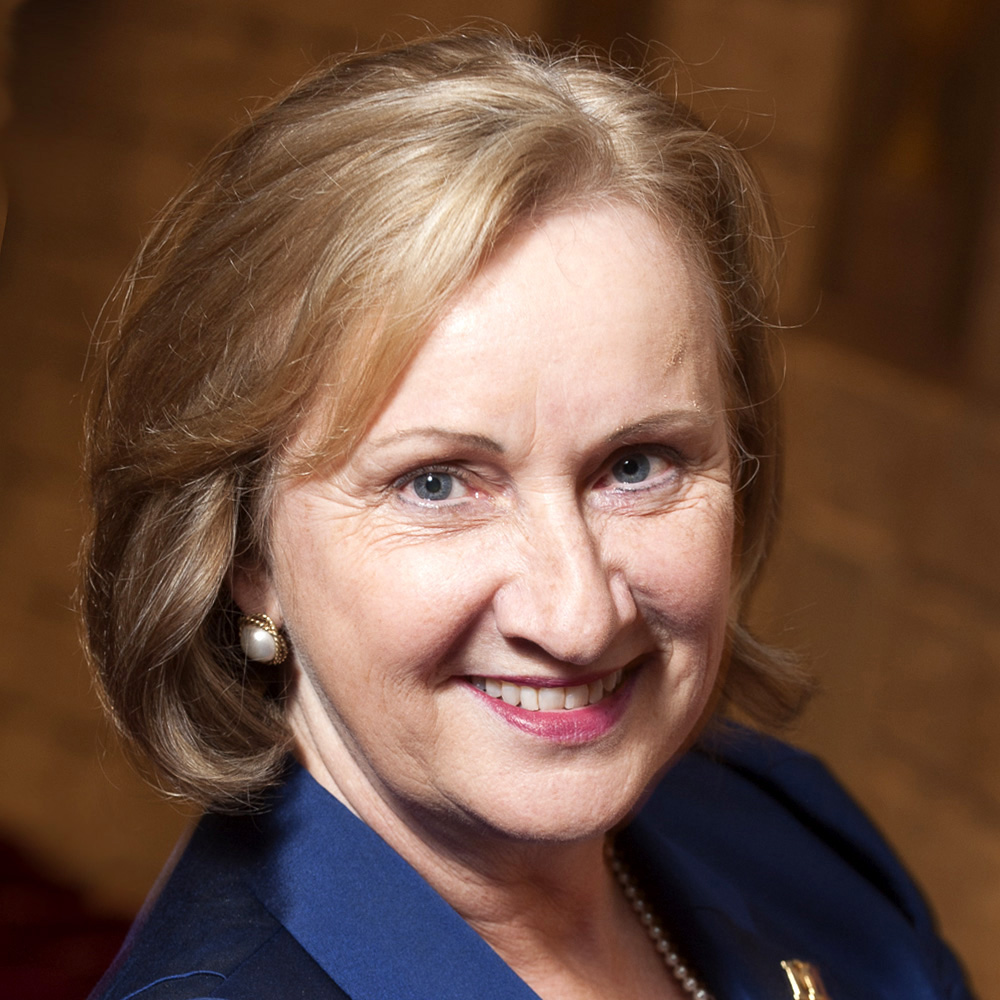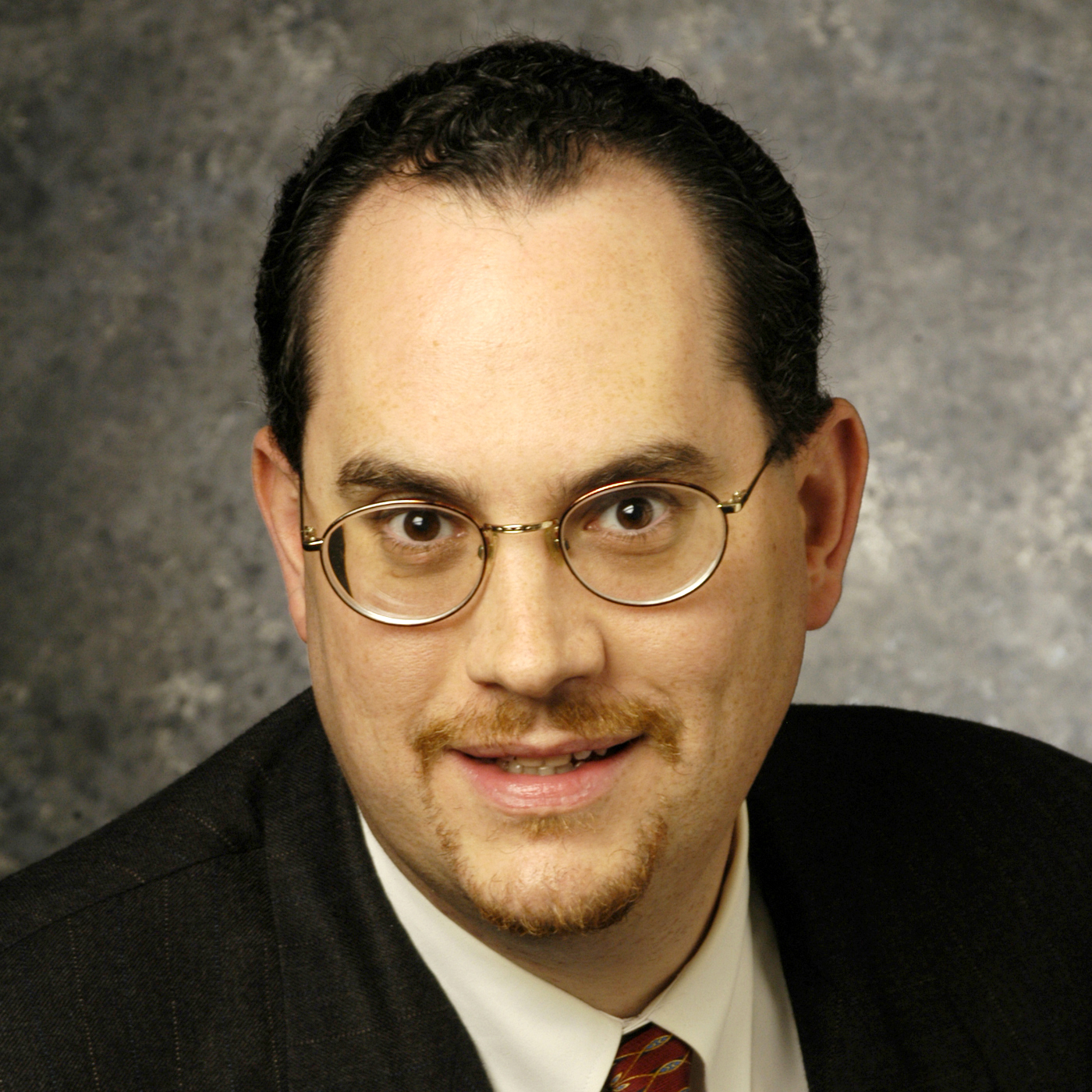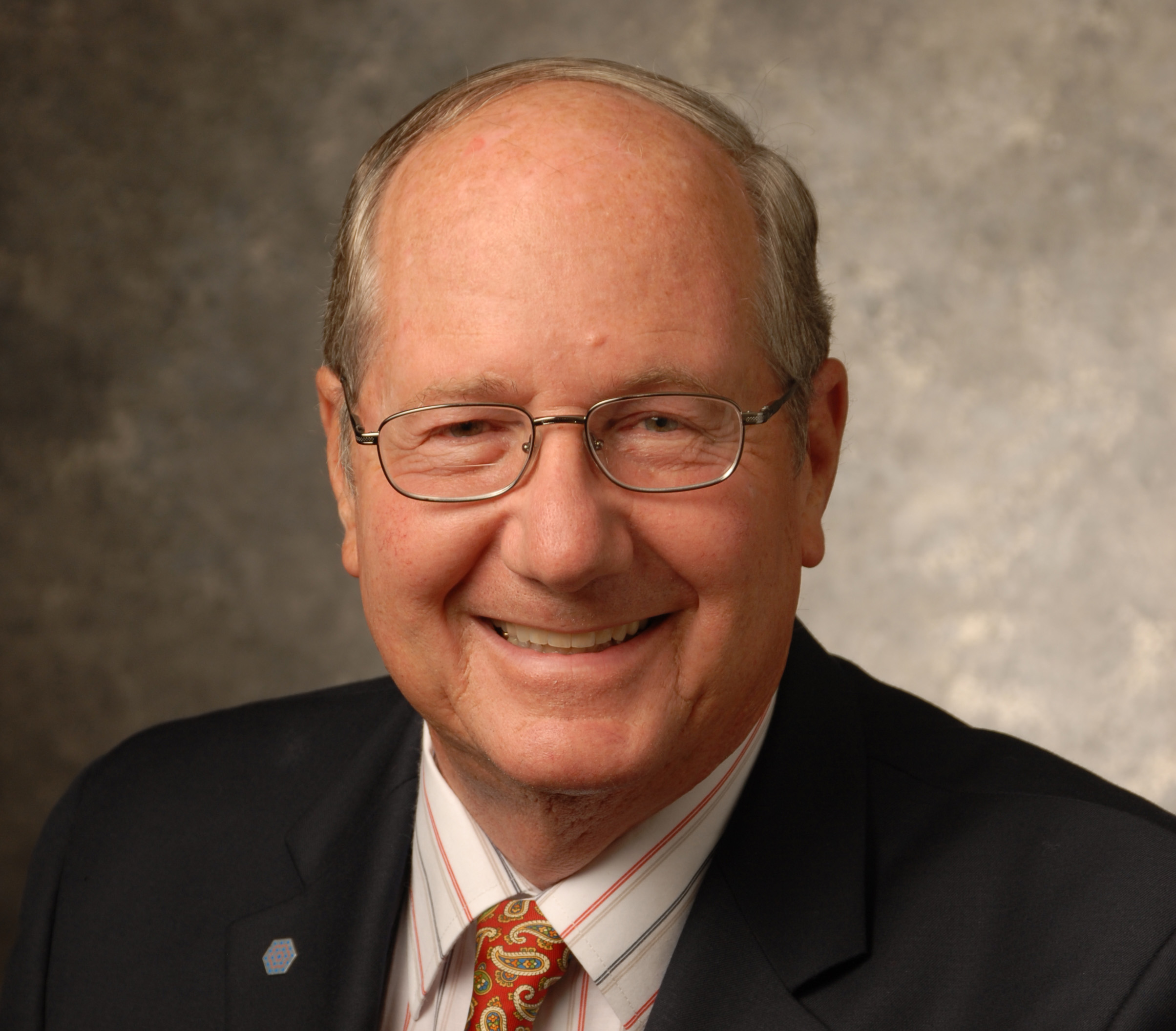Clinton likely to attack Sanders’ electability
SMU experts are available for interview on all things debatable in connection with Sunday’s Democratic debate – the party’s final debate before the Feb. 1 Iowa caucus and the Feb. 9 New Hampshire Primary.
DALLAS (SMU) – SMU experts are available for interview on all things debatable in connection with Sunday’s Democratic debate – the party’s final debate before the Feb. 1 Iowa caucus and the Feb. 9 New Hampshire Primary.
Expect Clinton to bring out the big guns – or at least talk about them |
||
 |
STEPHANIE MARTIN: There’s no way around it, Martin says: Hillary Clinton is scared of Bernie Sanders at this point. In her final chance to go after him on a national stage before caucus and primary votes are cast, Martin predicts a two-pronged attack against the persistent senator. “She’ll try to come from the left of Sanders on the guns issue and she’ll really try to come at him on the electability issue,” Martin says. “Hillary will say Republicans are running dangerous candidates who want to turn back the clock on every accomplishment of the past eight or 50 years, and the surest way to make sure that happens is to nominate Sanders.” “Most elections are about hearts and minds, but when you go after electability, it’s like saying, ‘Don’t let your heart overcome your mind,’” Martin adds. “It’s like saying, ‘just eat your vegetables and vote for me.’” Martin is an SMU assistant professor of communication studies in the Meadows School of the Arts Can Discuss:
|
|
Electability argument may not be one Clinton wants to make |
||
 |
BEN VOTH: As the Democratic races in Iowa and New Hampshire appear to be a dead heat, Voth says attacks between Sanders and Clinton could increase, but he advises that one attack Clinton might want to avoid is the topic of electability. “Polls increasingly show scenarios where multiple Republican candidates are defeating Clinton in head-to-head polling,” Voth says. “In some instances, Sanders does better, so Sanders may argue he is, in fact, the more electable one.” Voth says the elephant in the room will be rumors of an impending FBI indictment of Clinton for misconduct in how she handled her classified emails as Secretary of State. Voth doesn’t expect Sanders to touch the issue, but a desperate Martin O’Malley could pursue that angle of attack as a way to escape single-digits polling and shake up the race. Voth is SMU’s director of debate and an associate professor of corporate communications and public affairs Can discuss:
|
|
“Socialist” label just doesn’t sting as much as it used to |
||
 |
RITA KIRK The most interesting thing about the Democratic contest is the way language has changed, Kirk says. “It used to be if you called someone a socialist, you doomed their campaign,” Kirk says. “But here, in the middle of this election, folks are saying, ‘I don’t know what socialism is, but I like what Bernie Sanders is Selling.’” Instead of the label being a death knell, Sanders’ sincerity in his opinions is maintaining his position as a threat Clinton can’t continue to ignore. “The American Public has been fed pablum for so long, we have drinking games built around these performances because we know what the issues will be and what words will be said,” Kirk says. “We’re tired of it, so I think that’s what we’re looking at – a race of professional politicians vs. candidates who seem to connect with audiences.” Kirk is SMU professor of communication studies and director of the Maguire Center for Ethics & Public Responsibility Can discuss:
|
|
Heat is on Sanders to deliver in final debate before iowa caucus |
||
 |
MATTHEW WILSON: After Sunday, there won’t be another Democratic debate until Feb. 11 – after Iowa and New Hampshire voters have cast their ballots and potentially reframed the race. That makes Sunday extra important, and extra stressful for both candidates, says Wilson. “It puts a lot on both candidates, but especially Sanders,” Wilson says. “At this state, does he start acting like a real candidate? And by that I mean does he start making the sharp, pointed criticisms of Hillary you’d expect from someone in it to win it.” Sanders’ growing threat to Clinton in Iowa and New Hampshire also could bring more scrutiny on Sanders’ past record and comments. But even if he wins the first primary and Caucus, Wilson suspects Clinton should still win the nomination. Sanders’ ground game in Nevada, South Carolina and beyond is simply nothing compared to the ground game Obama beat Clinton with in 2008, Wilson says. Wilson is an SMU associate professor of Political Science Can Discuss:
|
|
Sanders will push Clinton further to the left on economy |
||
 |
Bernard Weinstein Weinstein says Sanders has had great success pushing Clinton further to the political left than she’d like, and he expects Sanders to continue that push Sunday with disciplined economic messaging. “Sanders would love to beat Hillary in a primary,” Weinstein says. “He will talk about corporate welfare and the need for more opportunities to bridge the income gap.” Weinstein is an economist and associate director of SMU’s Maguire Energy Institute. He can be reached at his office during the workday. Can Discuss:
|
|
Media Contact:
Kenny Ryan
214-768-7641
khryan@smu.edu
# # #